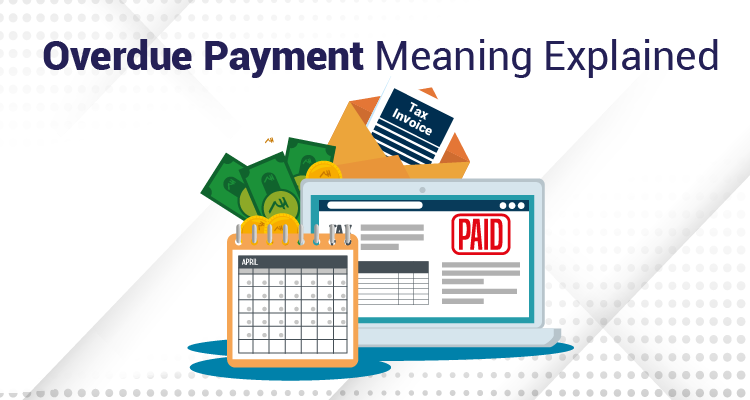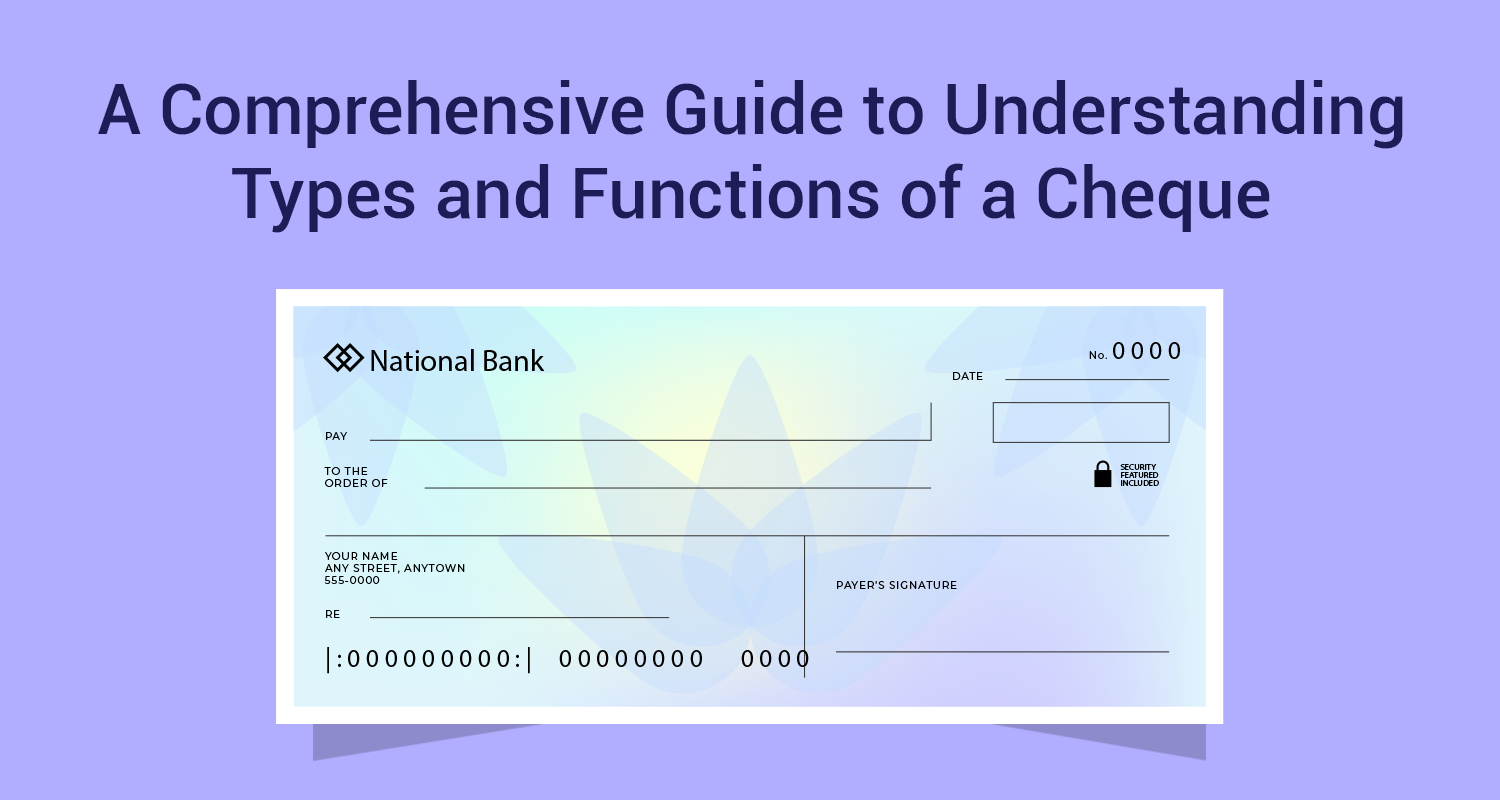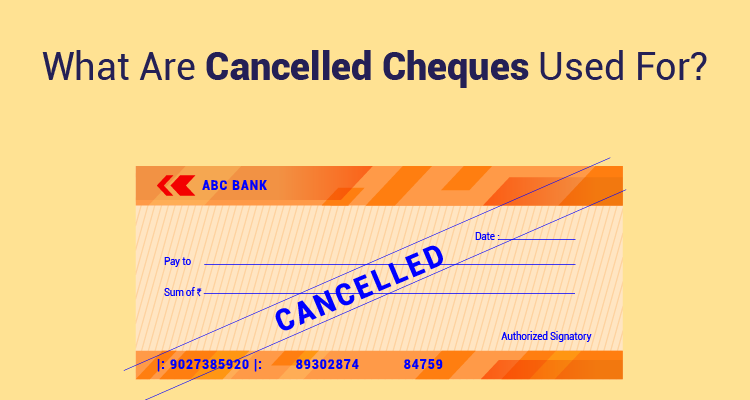Overdue Payment Meaning Explained

A person or a business entity may have various financial payments to make on a day-to-day basis. In the case of a business this takes two forms: payment for purchasing a product or availing a service; and payments for borrowings.
In the case of the first type of payment, the product or service is provided by the vendor on credit. Based on the terms of the purchase, the buyer needs to make the payment within a certain time period, which varies between 15 and 45 days in general. If the payment is not made within that period, the payment becomes overdue and could attract a penalty or could lead to litigations.
When it comes to financial payments for borrowings, this typically involves the equated monthly installments, or EMIs, that the borrower has to pay to the lender every month. If the borrowing is in the form of a bullet payment where a big chunk of payment, with or without the interest accrued, has to be made at one shot at the end of a tenure, overdue payment would mean missing the date for repaying the amount.
The EMIs involve two components: principal and interest. If a person is paying say Rs 10,000 as EMI every month, a part of it reduces the actual borrowed amount and the other portion takes care of the interest cost for availing the loan. Both gets taken care of simultaneously when the EMIs are serviced as per schedule. If one misses the EMI due, it affects both the components as the period of repayment of the original borrowed amount gets pushed and the interest cost piles up as does additional fee for missing the payment timeline.
This can be on borrowers of both personal loans as well as business loans.
Such overdue is not uncommon while running a business but one should keep an eye on not letting it pile up as it could involve severe financial implications besides adding reputational risk and create barriers to borrowing in the future.
In fact, when it comes to lenders, both commercial banks and non-banking finance companies (NBFCs), follow regulatory norms on classifying their advances, or loans. As per regulations, overdue amounts beyond a certain period are classified as bad loans, or non-performing assets (NPAs). Such loans affect the balance sheet of banks and NBFCs, so they are extra cautious about lending to people or organisations that add up their ‘bad loans’.
Typically, lenders send reminders to the borrowers to make sure any overdue amounts are covered and sorted during the grace period or with minor additional charges. This is via automated messages and also phone calls.
In the case of collateral-backed loans, overdues could lead to invocation of the pledge and the security or asset provided by the borrower being sold by the lender to recover the money. In some cases, the value of the overdue loan is less than the value of the collateral and so it is imperative that the borrower repays the amount or the particular installment and do no risk losing the asset.
What Could Lead To Overdues
This can happen due to various reasons but the two most common of them are:Cash Flow:
This is the most common reason for an overdue either for a personal or a business loan. This simply means the actual cash available to service the loan or pay EMIs is not enough due to other expenditures or due to delay in cash inflow from a salary or a product sold to customer(s).Human Error:
If one has not opted for automated deduction of the payments due from the bank account, one may risk missing a payment and ending up with an overdue. This could be the case if one is not vigilant in maintaining a certain amount in the bank through which the repayment is planned while having multiple bank accounts or an inefficient finance team in the case of a business.Consequences Of Overdues
Affects Reputation:
The biggest problem that results from an overdue payment is that it creates a negative impression in the eyes of the vendor or the lender. In the case of a vendor, they may choose not to supply products or a service on credit in the future. In the worst-case scenario, they may altogether cut the supply chain, affecting the business at hand.Fees:
Secondly, overdue payments either may involve additional payments or may incur other charges in favour of either the vendor creditor or the financial creditor.Rating:
Most importantly, and this is specifically related to financial overdues or pending dues on the borrowings, overdue payments end up affecting the credit score of a person or the credit rating of a business enterprise. This score or rating is a critical factor for availing a loan, in particular collateral-free loan as such loans are advanced primarily based on the creditworthiness of the borrower as captured by the score or rating, as the case may be.Conclusion
Overdue payments are simply dues to a vendor supplying a product or a service on credit or a lender that advances a loan to a borrower. It can affect the borrower’s reputation, incur additional charges and affect the ability to borrow in the future, so one needs to be careful in meeting the repayment schedule for borrowings.
To avoid overdue payments, a borrower can also approach a reputed lender such as IIFL Finance to customize the repayment schedules and match those with their cash flows. IIFL Finance offers personal loans and business loans—with and without collateral—at attractive interest rates and a quick process that is entirely digital.
Disclaimer : The information in this blog is for general purposes only and may change without notice. It does not constitute legal, tax, or financial advice. Readers should seek professional guidance and make decisions at their own discretion. IIFL Finance is not liable for any reliance on this content. Read more



